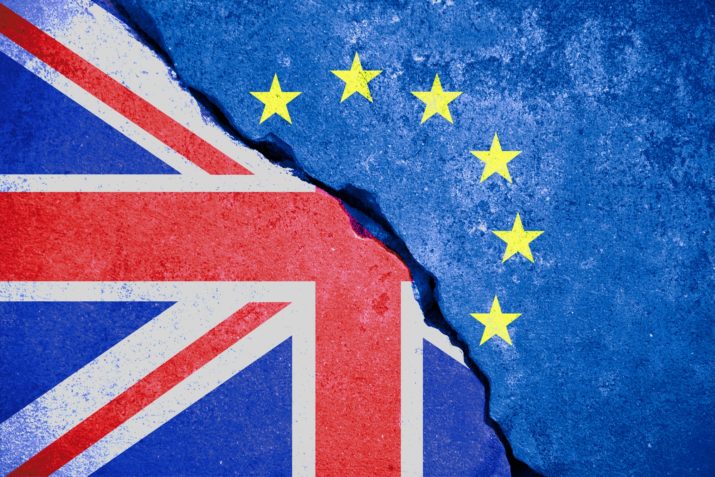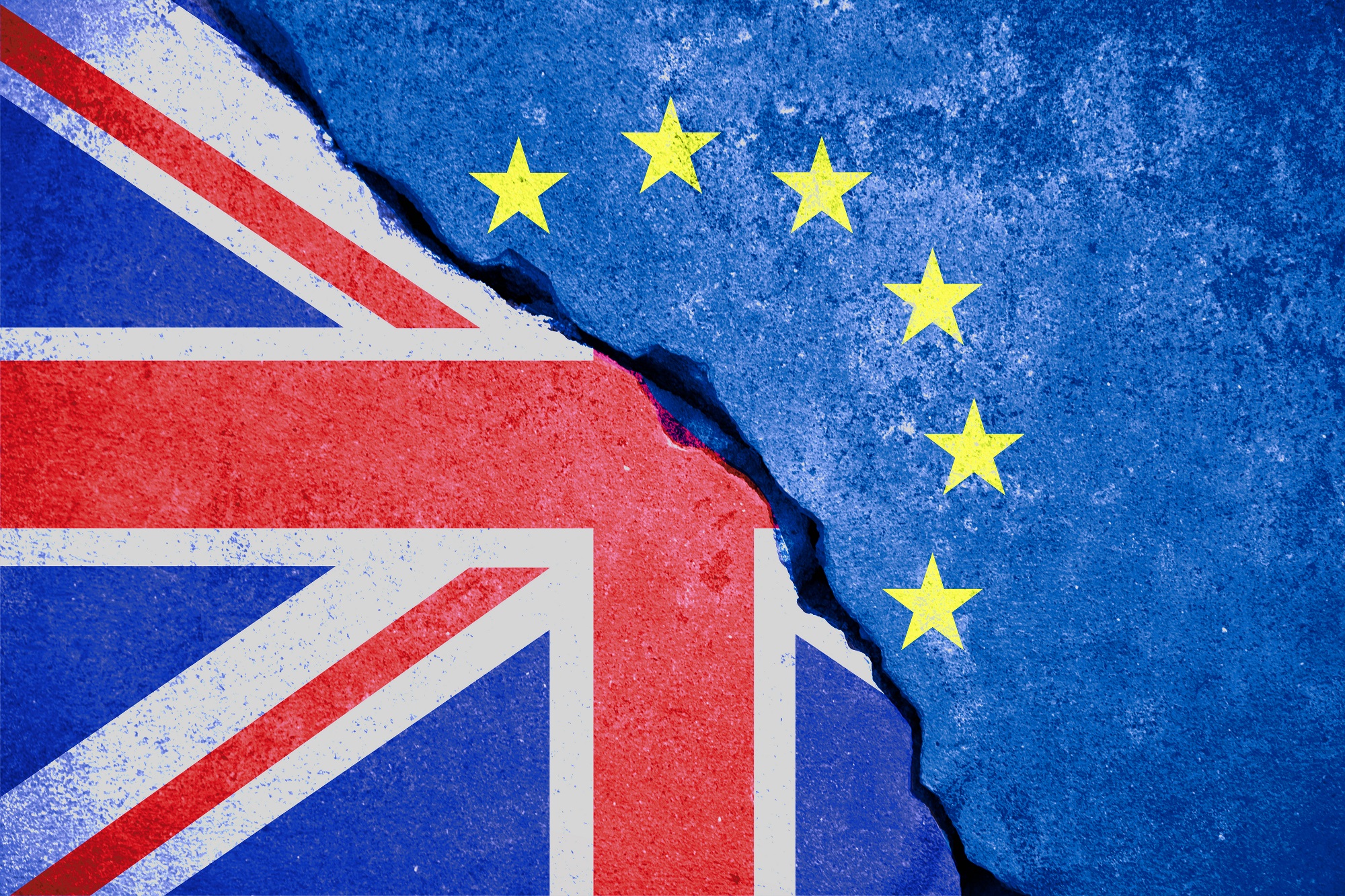

Transformative public policy has the mission to facilitate and to manage ever more complex and connected forms of political, societal, and economic cooperation at a global scale. In the age of the fourth wave of industrialization, over-stretched resource boundaries, increasing pressure from demographic and migratory trends as well as from urbanization and commodification, a paradigm shift is necessary in domestic as well as transnational policies towards sustainable development, in its several dimensions.[1] This fundamental re-orientation of policy-making has far-reaching consequences for organizing human co-existence within and between the Global North and South. Challenges are manifold and range from climate change and mitigating its disastrous effects, the shift towards green and inclusive economies, fighting corruption and tax evasion, reforming international finance to become an instrument for transformation[2] and finding remedies to structural causes of inequality and exclusion. Developing such longer-term strategies is considered essential to prevent and solve conflicts and crises, often linked to or causing state failure, hunger, flight, violence, and terrorism.
To be sure, these conflicts represent wicked problems, involving a high number of “unknown unknowns” with the potential of triggering interconnected and mutually reinforcing negative repercussions. Clearly, such problems demand more than European responses and call for broadly shared planetary stewardship. Following the abdication from leadership by the USA[3], it is now up to Europe to fill this vacuum and to forge progressive partnerships in view of advancing a multilateral sustainability agenda. With its experience in multi-level and multi-stakeholder coordination, the EU is in pole position to develop and spearhead like-minded transnational governance networks. In Europe, the degree of policy making beyond the nation state amounts to the world’s most evolved system for collective action. Building on this, the leitmotiv of the EU’s pledge for transnational cooperation should be the joint elaboration of global common good policies, enabling participatory and equitable economic and social development.
Simultaneously, we see innovative strategies, such as network- or trickle-up governance, transported via digitalization and emerging boundary-spanning alliances, building the basis for alternative global governance structures. New coalitions of state- and non-state actors, as diverse as civil society, academia, business and subnational authorities, transnational and regional institutions, organizations or networks allow for innovation of scale in the areas of sustainable production and consumption patterns. Worldwide, grassroots movements are gaining an ever more important role in the existential struggle for transformation and reform of the political process. What is fundamentally in question here is the mode of democratic, participatory and accountable decision-making in large groups. Today, individuals and societies are connected at an unprecedented level and dispose of an unparalleled wealth of means and resources for knowledge co-creation and sharing to find ways of understanding, living with and organizing the precarious future of global human togetherness.
Governing turbulence: Transnational public policy under stress
Turbulence has become the “new normal” as a standard feature of the Anthropocene era – and this turbulence is unlikely to go away, anytime soon. Dealing with, adapting to, and mitigating turbulence has therefore become a central concern for policy making across sectors and areas. Turbulence can be characterized as the rapid succession or simultaneity of a series of (manmade) crises, amounting to situations where events interact and evolve in highly variable, inconsistent, unexpected or unpredictable ways. In such a view, governance systems are confronted with fluid, discontinuous, and disruptive change, and the difficulty lies in adapting to this kind of multi-dimensional challenge in order to develop societal, ecological, and economic patterns for cooperative, inclusive, and comprehensive approaches that can be translated and fed into global agendas and multilateral structures of cooperation. Turbulence requires contingent coordination and forward orientation to anticipate and respond to evolving problems, demanding a high degree of foresight and flexibility from administrations.
To keep up with these developments, the question is how to turn (state-, EU- or international) bureaucracies into managers of sustainable transformation to drive a progressive global agenda, and to orchestrate variable geometries of “G-something” countries, some of which are increasingly out of sync with the rest of the world and more or less openly oppose established coordination patterns. For Europe, turbulence is a test of resilience of its political, economic and social order, and mastering these turbulences is decisive for its joint future. Yet, even if strategic orientations emanate from the EU-level, policy making in many areas crucial for sustainable development, such as fiscal and social policies, is still largely left to member state governments and it is implemented by national administrative structures. Efforts to achieve coherent and inherently developmental policies usually focus on EU hierarchies—or asks how the two (national and supranational) governance levels are connected and can influence – i.e. complement or inhibit – each other.
New models for collective and transformative action
Since the traditional Westphalian political order has proven to be incapable of developing and implementing global solutions at the required scale and speed, we need to design strategies for coherent policy-making to help transformation towards more sustainable societies at national, regional, and global levels. Asking more radically, do we have the political and governance institutions to cope with and shape present-day global transformation? Is the EU credibly engaging in the kind of reforms necessary to take the turn towards sustainability and a more balanced and just economic model? Many global challenges today are of a transboundary nature, and traditional formats of international cooperation, such as development aid, EU trade policy, global financial institutions, the WTO or the G7/G20, fail to deliver results and struggle with adaptation. Increasingly, it appears that public organizations and bureaucracies entrusted with the task of managing or preparing for (future) challenges, expose their deficiencies to do so.
Public organizations taking on such challenges frequently stick to pre-existing and well-established practices. This is not least due to their development path and the organizational environment they are embedded in. The answer given by decision-makers and bureaucracies in Europe (and elsewhere) frequently amounts to reactive behavior, reproducing previously tested problem-solution sequences. The reaction to crisis in Europe’s Southern neighborhood: the EU reverts to spending money on security-related initiatives, directed at the containment of migratory flows across the Mediterranean. The inadequacy of this response is obvious: The drivers of securitization are fear, perceived insecurity and populist pressure, whereas the drivers of migration are violence, poverty, and injustice stemming from an unsustainable economic system, externalizing its negative impact to societies and third countries to secure short-term survival and protract the painful process of its definite demise.
Transformative policies in a turbulent global environment
Turbulence and crisis do not only render timely adaptation and adjustment of policies ever more complex; they also add to the uncertainty as to the dominant trend prevailing in this radical transformative process. All options are on the table: While disruptive change in the form of the permanent and total differentiation of the EU looms as the institutional “worst-case,” the opposite would be a leap ahead in EU integration and a joint push for multilateralism and global governance. A renewed drive for EU integration may well be the result of the exogenous shocks that Europe is exposed to. Even though Europe has regained a bit of its confidence after the French elections and the reinvigorated Franco-German axis, the EU is far from having overcome its crisis. What is required to strengthen Europe’s resilience is investment in the robustness of EU institutions. In the external policy domain, Europe should show more proactive and engaged leadership, bolster its cooperation and coordination capacities, and increase sharing of information and analysis among the member states. Chances are that the increased need for collective action will spur cooperation and help build coalitions against unilateral and autocratic tendencies in the EU’s nearer and wider neighbourhood.
As the need for reform can no longer be ignored, national governments must decide on their choice among the options for the future of the EU, recently outlined in a Commission White Paper on the Future of Europe, presented by Jean-Claude Juncker on 15 March 2017.[4]
Even if the perspective of a multi-speed Union or an “ever more differentiated Europe” is the most likely outcome, the downside of more flexibility is, of course, a more fragmented EU. Furthermore, it is not clear what such a variable geometry would mean for EU external action. European external relations extend far beyond foreign, security and defence policy, and encompass a wider variety of areas including development cooperation, neighborhood policy, trade, environment, energy, immigration and asylum policy and border management – all are part of the EU’s external governance dimension
Europe very much depends on a global multilateral order, in all aspects of international cooperation. In security terms, the EU is a minor actor, remaining largely a spectator at the margins of international high politics, leaving its own security in the hands of the US. Given the ambiguous course set by the current administration in Washington, the transatlantic security alliance may no longer a valid and reliable option. As the US has adopted a unilateralist posture that sees its interest best served by minimum cooperation, Europe needs to actively advance its own future-oriented peace and security policy.
Shrinking or re-engergized power Europe?
The EU is about to digest the separation from Great Britain, a major member state, and one of Europe’s two military powers. Setting a precedent of sorts, Brexit, so far, may appear to be a negative example of how to prepare for common challenges and multilateral cooperation in times of turbulence. It confirms and congeals Britain’s role as an awkward partner of European integration, and will most likely serve as a deterrent for other potential candidates. In several member states, Euroscepticism is a force that fundamentally threatens the EU. In parallel, Brexit has an effect of re-Europeanization of domestic politics, making the EU and its deficiencies a salient topic again. Most likely, this development will be translated into allowing for more flexibility facilitating an ever more differentiated Union to avoid further disintegration of Europe. After the UK’s departure and a reinvigorated Franco-German leadership, also discussions about a political and social union are back on the agenda to resuscitate EU integration, including differentiated governance structures for security and defense, Schengen and the Eurozone, including a progressive alignment of fiscal policies. As a remedy for a crisis-ridden EU, the work on “a social pillar” is finally becoming a topic for policy-makers in Brussels. Putting inclusive and sustainable economic growth, social justice, and the equitable distribution of opportunities at the heart of a common vision for Europe, internally as well as externally in dealing with its partner countries, is precisely in the interests of those member states in which skepticism is most pronounced.
Obviously, Brexit represents a critical juncture for Europe. As the EU shows unity and has adopted a firm line for the negotiations, it increasingly looks as if the UK has difficulties to “get its act together.” Still, European unity has been fundamentally challenged both internally and externally, questioning the legitimacy of European integration altogether. And even if the most recent Euro-barometer figures point towards a return of optimism and trust in the EU[5], the key driver for disillusionment and Euro-skepticism is that many citizens believe that the Union has failed to keep its core pledges. Whereas globalization has brought great opportunities and benefits, significant parts of the European population have lost out from this process. High unemployment, stagnating wages, and rising inequality have added to citizens’ alienation and the sense that the prevailing global economic order is profoundly unjust, perpetuating and even aggravating inequality and poverty.
Having this in mind, the EU and its member states championed the G20 summit in Hamburg of July 2017. Yet, reforms of the global economic governance framework and the role of international financial institutions in the provision of global public goods could not be achieved. In the face of Trumpism and shifting patterns of cooperation, the Hamburg Summit could only reiterate previous commitments, such as a multilateral and rules-based trade system and the phasing out of fossil fuel subsidies, albeit still without a clear timeline. Several urgent issues remain unresolved, such as the transformation of the global economic and financial system to include policies directed at alleviating inequality and furthering the protection of the environment and climate change mitigation as main objectives. The Hamburg Action Plan refers to “achieving strong, sustainable, balanced and inclusive growth,” but there is no reference to the 2030 Agenda and no definition of “sustainable.”[6] With the progressive and sustainability-minded voters soon forming the majority in Europe, political parties across the continent will need to improve their performance on these issues, should they wish to be re-elected and continue shaping the future of human togetherness.
Given these shortcomings and whilst avoiding serious setbacks, the G20 summit is a missed opportunity for moving the transformative agenda forward. With the progressive and sustainability-minded voters soon forming the majority in European societies, political parties and leaders across the continent will need to improve their performance on these issues, should they wish to be re-elected and to continue shaping the future of human togetherness in Europe and beyond.
Dr. Thomas Henökl is Senior Researcher at the German Development Institute in Bonn, and Associate Professor of Public Policy at the University of Agder (Norway). He works in research and teaching in the fields of European politics, public administration, EU foreign and security policy, international cooperation and development, and more widely on comparative politics and organization theory. Previously, Thomas Henökl worked for the European Commission, DG Relex (from 2011 the European External Action Service), and at the European Institute of Public Administration (EIPA). Thomas has a PhD in Political Science from the University of Agder (Norway), as well as three Masters’ degrees in Political Science, European Public Policy, and Public Administration from the University of Innsbruck (Austria), the Institut d’Etudes Politiques (Sciences-po), Paris, and the Graduate School of Public Administration at the International Christian University, Tokyo.
Photo: brexit blue european union EU flag on broken wall and half great britain flag, donfiore | Shutterstock
Published on August 3, 2017.
References:
[1] https://sustainabledevelopment.un.org/post2015/transformingourworld
[2] http://bruegel.org/2017/07/investing-for-the-common-good-a-sustainable-finance-framework/
[3] https://www.europenowjournal.org/2017/01/20/trump-brexit-populism-dawn-of-the-liberal-world-order/
[4] https://ec.europa.eu/commission/sites/beta-political/files/white_paper_on_the_future_of_europe_en.pdf
[5] http://ec.europa.eu/commfrontoffice/publicopinion/index.cfm/Survey/getSurveyDetail/instruments/STANDARD/surveyKy/2142
[6] http://blog.t20germany.org/2017/07/13/did-the-g20-hamburg-summit-advance-2030-agenda-implementation/




